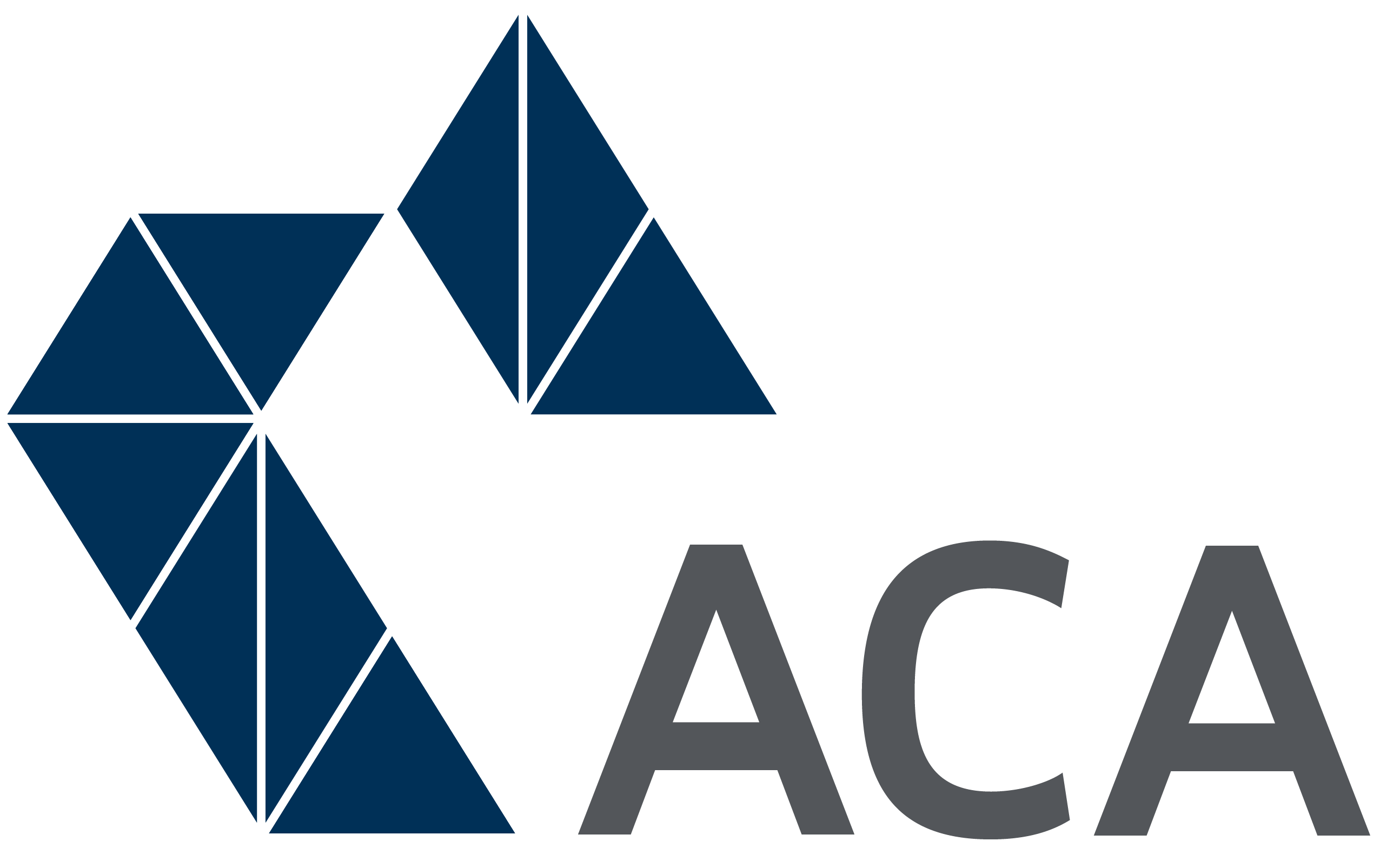
With twelve months since the introduction of the Child Care Subsidy (CCS) System, we can certainly say that it has been a bumpy ride for Approved Providers, Nominated Supervisors and families as we navigate the range of challenges that change of such a significant scale can cause.
Some of the difficulties are coming to grips with a new policy setting with different outcomes from the old regime, along with a range of technical difficulties that have caused problems, both major and minor, for us to try to resolve.
In ACA's discussions with members around the country, there is a range of responses as to the impact of the CCS on our sector and our families. Some service providers have experienced little or no concern with the implementation and management of CCS at a service or family level with others completely overwhelmed and struggling to make sense of some of the outcomes along the way.
In this context ACA has raised these issues with the Department of Education and Training (DET) at both a macro and micro level. In some cases we have been able to resolve hundreds of individual cases for members and their families and we have also been able to help inform the future direction of policy.
This is not to say that we have been able to assist in resolving each case brought to our attention but we endeavour to do our best at facilitating good outcomes for members and their families.
When Governments implement such significant change there will always be some policy details which in practice do not deliver on their stated objective, the challenge however, is as they are enshrined in legislation, rectifying those situations is not a simple process.
Some of the more significant issues we continue to push for change on includes:
- The 8 Week Rule
- Cessation of Care
- Back payments to Families
- ACCS requirements
- Enrolment/CWA Requirements
- Enrolment/Fee Disputes by Families
- Access for all Children
These policy issues sit separately to known issues, including unexplained retrospective adjustments to already paid CCS. This has been a major concern for services to try to problem solve or has left them in a position where they may need to recover debt from families who in some cases may no longer attend their service. This has been our most significant piece of work where there is no simple answer that applies in every case.
Through all of ACA's discussions when presenting examples of these adjustments, it is clear that there may be a whole range of triggers which may have caused these changes... which makes the situation difficult to resolve.
What we do know however is that the legislation only allows for minimal change to already paid CCS payments at a service level and that if the parent does have a debt then the owed amount should be settled directly from the family/individual.
It is fair to say that the experiences with these adjustments has promoted fear about the impact of the upcoming reconciliation process on families, but more importantly whether the reconciliation may result in retrospective adjustments of CCS already paid to services. Whilst the legislation does not allow for historical adjustments to CCS, ACA has heard the concerns of our members and I have spent much of the last month working with DET on ensuring they provide some information to service providers on how this process will work.
CCS balancing (also referred to as ‘reconciliation’ or ‘income review’ process) is a process that occurs after the end of each financial year whereby the Department of Human Services compares families’ income estimates with their actual adjusted taxable income to ensure families have received their correct CCS entitlement.
Whilst families who qualified for CCB and CCR combined under the old regime were familiar with this process, this is a new experience for those families who only qualified for CCR. As service providers you will no doubt be asked questions from your families as they come to grips with something new. Whilst it is impossible to predict how accurately families have estimated their income it is likely that there are a group of families who may have underestimated and as a result incur a debt. We also don’t know whether the 5% withholding adequately covers most debt and it will be interesting to observe the trends when this reconciliation process concludes.
As a result of ACA's discussions with DET on this matter, DET and the Department of Human Services have organised a webinar to clarify the circumstances of reconciliation and give service providers a clear understanding of how the reconciliation process works and who is responsible for any debt as a result of this process.
ACA strongly encourages service providers to subscribe to these webinars so that you have the knowledge to answer any questions that may come your way.
Time: Monday 15 July from 12:00 pm - 1:00 pm (AEST); and
Tuesday 16 July from 6:30 pm - 7:30 pm (AEST).
To register for the webcast click here.
Any ongoing CCS issues
Some of the more complex cases can be difficult for service providers to determine how to resolve problems with families payments. As previously discussed, ACA has acted on behalf of individual members in bringing more complex situations to DET in order to try to facilitate a resolution.
One of the challenges often faced is bringing together the right information in order to improve the chances of a swift response from DET.
We have therefore created a one page step-by step guide for early learning service providers on how to deal with any CCS issues, and how to escalate them if they remain unresolved after a reasonable amount of time has passed since you raised the issue with the Department.
You can access this guide here.
It is of course hoped that once you raise these issues, they will be quickly resolved.
However if after exhausting all the formal channels available to you, the problem hasn't been resolved, ACA is happy to continue to support members in escalating these issues, on the basis that we have all the relevant information.







